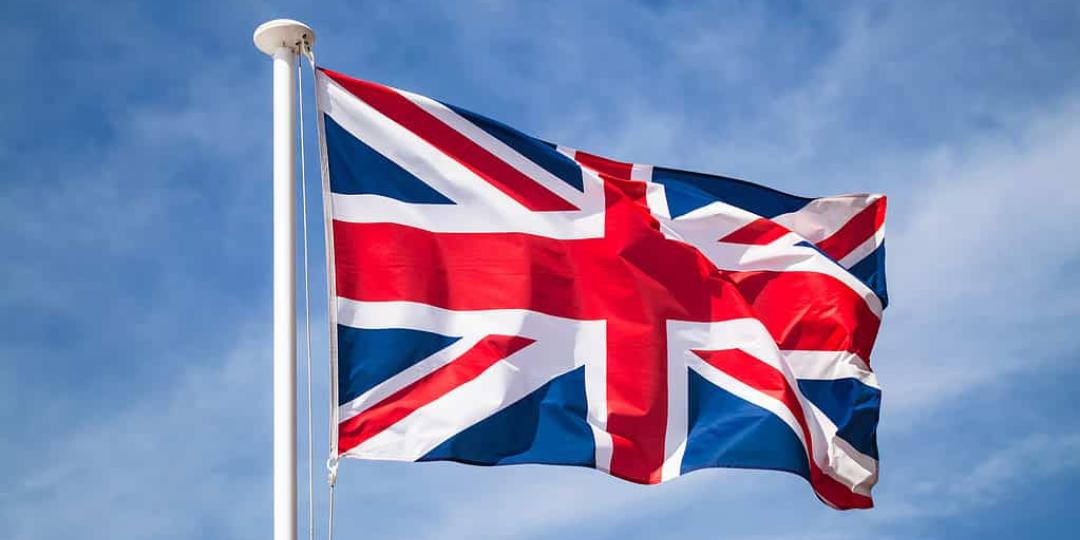After briefly being overtaken by the US, the UK has firmly re-established itself as South Africa’s top overseas source market, with the ongoing strength of leisure travel being complemented by a rise in corporate and wellness tourism.
Over the peak season period of December 2022 and January 2023, a total of 81 468 UK tourists flew into South Africa, according to the latest figures from Statistics South Africa. This equated to 21% of all arrivals from abroad, and the market has recovered to 80% of the pre-pandemic peak season of 2019/20. In comparison, the US accounted for 58 274 arrivals over the 2022/23 peak period.
The relaunch of Virgin Atlantic’s direct flights from Heathrow to Cape Town in November, after seven years, has been met with higher than expected demand. According to the UK daily newspaper, The Times, flights have been approximately 80% full, with premium cabins selling out first, indicating the resilience of the UK luxury market.
Robert More, Custodian and CEO of the MORE Family Collection, said despite the current negative perceptions created by issues such as loadshedding, the UK market had remained hungry for travel into South Africa.
“The UK has always been a key source market, especially for our safari lodges. This is currently their booking period, and we can see a strong resurgence. The exchange rate is attractive and whilst the UK traveller is aware of the challenges, we are seeing forward bookings indicating a lot of positivity towards South Africa,” said More.
Leah Lockett, a luxury travel designer and founder of UK-based Jet Set Lifestyle Group, said while leisure travel to South Africa had remained consistent, she had seen a rise in corporate clients and an increased demand for wellness tourism.
“We are seeing British travellers slowing down and immersing themselves in physical, mental and spiritual wellbeing while holidaying,” said Lockett, adding that clients were typically combining a safari with a beach stay.
“Multi-stop trips are popular. Many of our clients choose to hop around regions to immerse themselves in the culture, nightlife and wine country. Trips range from seven to 14 days,” noted Lockett.
Traveller demographics
Millennials are showing a strong interest in visiting South Africa, preferring to spend money on experiences over material things, said Lockett. The high-income traveller from this demographic usually leans towards unique and bespoke trips with a focus on experiential travel to include things like wellness, adventure and safari.
Multi-generational groups are frequent visitors, but Lockett highlighted that they were also seeing some demand for incentive travel. Social media is proving to be a strong travel influence for both the Millennial and Generation Z markets.
Attracting the UK traveller
Lockett pointed out that working closely with DMCs and personalising the booking experience was key for attracting high-end travellers from the UK.
“Highlighting experiences and destinations that may not be on their radar is an opportunity to engage with them, but this requires having a depth of knowledge about the destinations and having a great DMC on the ground to assist.
“We need to know that we have the right people on the ground to make sure the travellers’ trip goes as planned and to their preferences.”
























